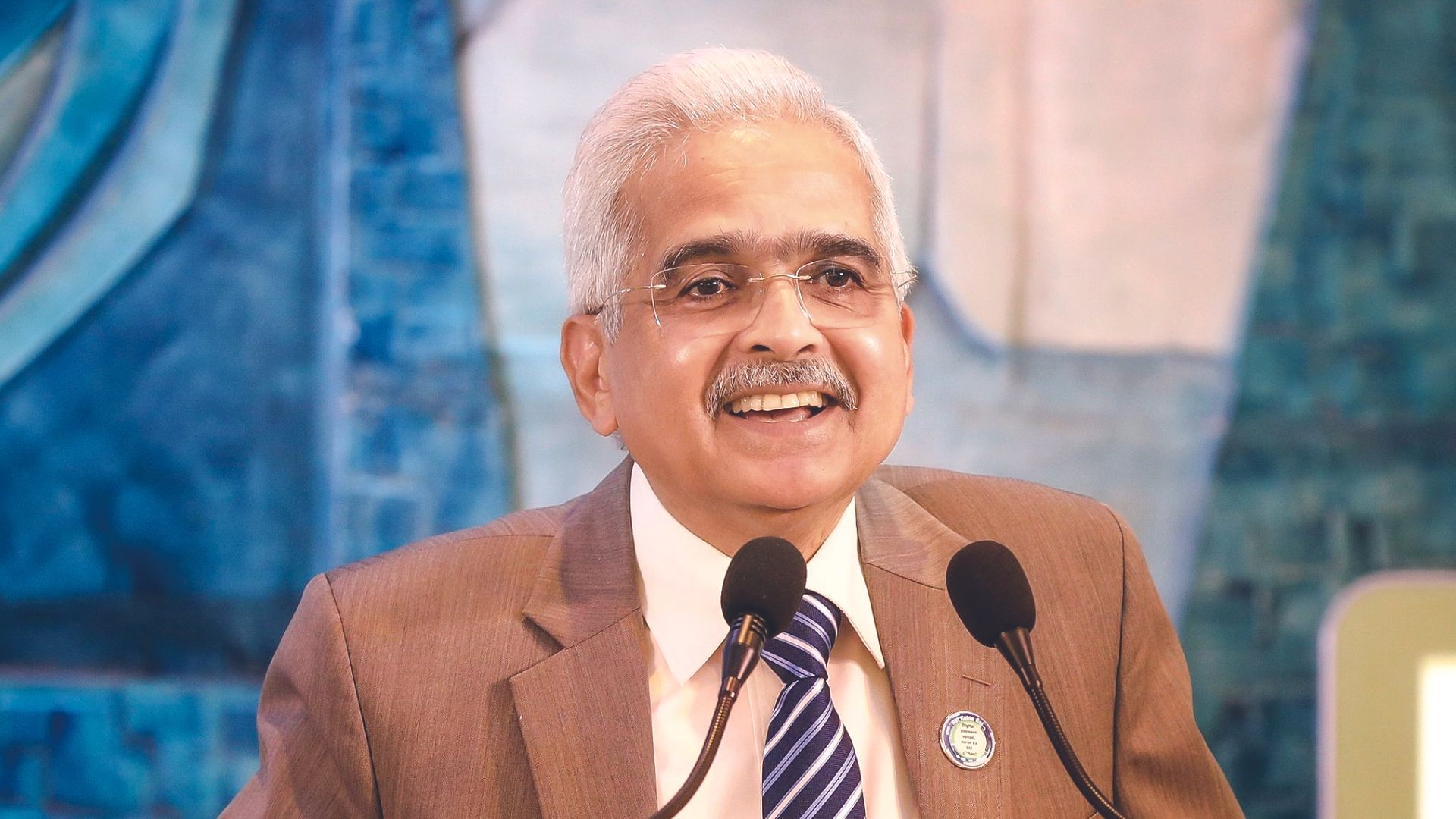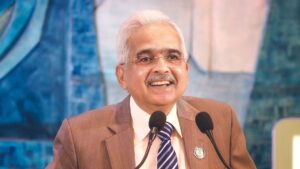Reserve Bank Governor Shaktikanta Das on Thursday called upon all stakeholders in the Indian financial ecosystem to assign highest priority to modernisation as it prepares to go more global and to strong governance amidst vigilance over emerging risks, including those from cyber hazards, climate change and global spillovers.
In his foreword to the Central Bank’s half-yearly Financial Stability Report, Das said the Indian economy is exhibiting strength and resilience, with strong macroeconomic fundamentals and buffers amid global headwinds.
Since the December 2023 issue of the FSR, Das observes, the global financial system has shown remarkable resilience, weathering the halting progress in the last mile of prolonged geopolitical tensions and potential shocks to logistics and supply chains which remain a clear and present threat with spillovers to commodity prices, the ongoing disinflation and eventually to the global economic outlook.
Expressing satisfaction over the International Monetary Fund (IMF) projecting global growth to remain steady at 3.2 per cent in 2024 as in 2023, Das reminds that while near-term prospects are improving, pitstops in the last mile of disinflation, high public debt, stretched asset valuations, economic fragmentation, geopolitical tensions, climate disasters and cyber threats present downside risks, with emerging market economies (EMEs) remaining vulnerable to external shocks and spillovers.
The balance of risks for global financial stability, however, has improved since the last issue of the FSR in December 2023 and the risks of a hard landing for the global economy have abated, Das says, noting that financial markets have been adjusting to these shifts, including pivots in monetary policy stances of certain central banks. Amidst all this,
Das underlines the strength of India’s approach of balancing growth and stability, with willingness to take proactive and prudent actions to prevent accumulation of risks, which is promoting long-term resilience and stability of the financial system. Strong macroeconomic fundamentals and a sound and stable financial system have supported the sustained expansion of the Indian economy, observes Das, while moderating inflation, a strong external position and ongoing fiscal consolidation are anchoring business and consumer confidence.
Domestic financial conditions are buttressed by healthy balance sheets across financial institutions, marked by strong capital buffers, improving asset quality, adequate provisioning and robust earnings, the RBI Governor says in the FSR. Data from FSR suggests that the soundness and resilience of scheduled commercial banks (SCBs) have been boosted by rising profitability and declining nonperforming assets. Return on assets (RoA) and return on equity (RoE) are close to decadal highs at 1.3 per cent and 13.8 per cent, respectively, while gross non-performing assets (GNPA) ratio and net nonperforming assets (NNPA) ratios fell to multi-year lows of 2.8 per cent and 0.6 per cent, respectively.
This has helped SCBs to maintain strong capital buffers. According to Das, macro stress test for credit risk — which should not be interpreted as forecasts and are based on scenarios and stringent conservative assessments under hypothetical shocks — demonstrate that SCBs have adequate capital buffers relative to the regulatory minimum even under adverse stress scenarios.
“It was vital that India consolidates these gains and nurtures a financial system that is future ready and supports the needs of India’s growing economy,” Das says in the FSR, highlighting the need for regulators, including the Reserve Bank, to remain committed to promote innovation, financial inclusion, efficient payment and settlement systems as a safeguard against new technologies which offer gains in efficiency and customer experience but can also bring with them sudden and widespread disruptions to the financial system. The RBI Governor asked all stakeholders to not only invest adequately to take full advantage of technological advancements, but also take steps to safeguard the security and soundness of their systems.








